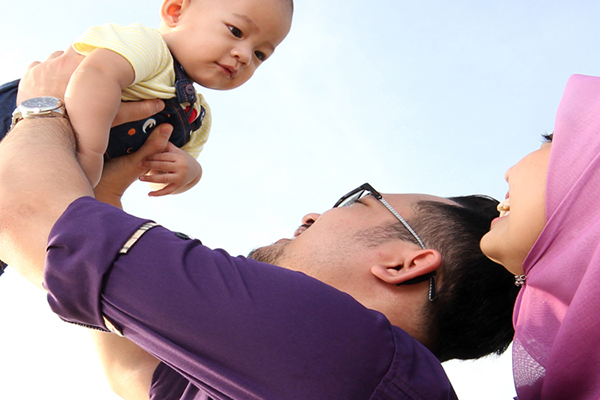by Centre for Islamic Shi’a Studies (CISS)
The family, be it immediate, extended or that of one’s in laws, is an important aspect of everyday life. Should relations between a basic family unit be dysfunctional or severed then it is argued that this will have a consequence on the larger society.
This is due to the fact that the family unit is microcosm society, in which a person must interact with others and co-exist by forming mutually respectful relationships. If someone cannot show respect for their own family members then how can it be expected that they will show respect for others?
Islam, as a religion functions on both societal and individual levels, has therefore given adequate guidance on how someone is to act within their family.
Islam requires and demands that Muslims take extra consideration, and even go out of their way to please their family members.
Muslim children are expected to obey their parents’ requests and actively seek to please them. This is clarified in a hadith of the Prophet in which he states that an individual’s prayers will not be accepted if his parents are displeased with him. Upon being asked if this includes parents who are sinful and oppressive, he responded “yes.” However, children are not expected to follow their parents in areas that enter the remit of the forbidden in Islam.
Mothers are particularly singled out as being more deserving than any other family member and numerous narrations from Prophet (s.a.w) and the Imams (a.s) state that paradise is under the feet of the mother.
This respect is also mutual between parents and children and one concept heavily stressed in Islam is the concept of mutual respect and dialogue between a father and his children. Particular examples in the Qur’an which highlight this point include the dialogues of the Prophet Ibrahim with his son Isma’il as well as the extensive advice and counsel given by the wise Luqman to his son.
The relationship between a husband and wife and the mutual rights and responsibilities they have towards each other are also heavily emphasised in Islam. Whole treatises have been written on these subjects by the scholars of Islam in the field of Akhlaq (etiquette and Islamic behaviour) which elaborate on the finer details which are mandated by the religion.
The Imams (a.s) took particular care in ensuring that these rights were emphasized and clarified in detail. An example of the meticulous attention shown to the area of the family relations, mutual rights and responsibilities can be observed in the treatise of the fourth Imam, Ali b. al-Husayn (a.s) known as “The Treatise of Rights,” a work which is no doubt the first work in the religion which systematically provides a list of the various rights of different groups of individuals.





